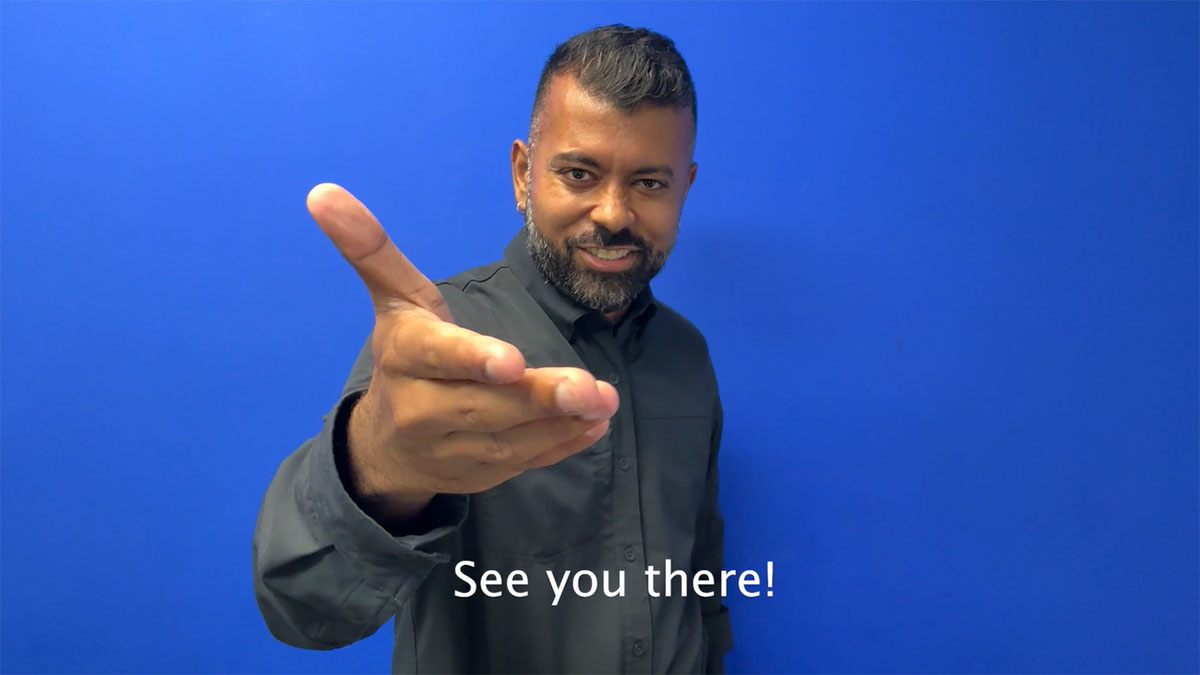We strive to maintain an accessible and inclusive environment for all Festival visitors, participants, staff, and volunteers.
Please note: Accessibility information for 2026 will be updated soon. The information below from 2025 provides an overview of supports and services generally available.
Outdoor Festival venues and activities are located in shaded grassy areas that are accessible via concrete sidewalks and/or packed gravel walkways. Spaces within the museums are accessible by ramps and elevators.
The closest accessible Metro Station entrance is the Smithsonian Metro’s Independence Avenue exit.
Parking is extremely limited near the National Mall. Accessible public parking spaces are available on a first-come, first-served basis on both Madison Drive (between 9th and 14th streets) and Jefferson Drive (between 9th and 12th streets). Drop-off and pick-up areas nearest the Festival include along Jefferson and Madison Drives.
The Smithsonian Accessibility Map outlines accessibility features throughout the Smithsonian campus.
Accessible seating is available at all performance venues and dining areas. A limited number of wheelchairs (18- and 20-inch) are available for loan each day at the Accessibility tent. Please note that if you regularly use a mobility device, particularly when traveling longer distances, we recommend that you bring it with you to the Festival.
There are accessible portable toilets located throughout the Festival grounds (all portable toilets are single-user, all-gender facilities). There are accessible restroom facilities in all the museums. The nearest accessible nursing rooms are in the National Museum of Natural History and the National Museum of American History.
Note: The Family Care Suite of the National Air and Space Museum (located just east of the Festival) includes companion-care spaces (with adult changing tables), nursing rooms, and a quiet room. To access this space, ask to speak to a ticketing staff supervisor upon arrival at the museum.
There are water bottle refilling stations located throughout the Festival grounds.
Service animals are welcome, and a water station for service animals is available at the Accessibility tent.
American Sign Language (ASL) interpretation and live, real-time captioning (CART) is available for select performances and presentations. Additional ASL interpreting services may be requested and are provided as available. Service schedules are available in the Accessibility tent and at each museum’s information desk.
Assistive Listening is available at most presentation venues. Receivers are available to check out at the Accessibility tent and can be tuned to the designated channel at each venue.
Live Audio Description for select events and scheduled audio-described/touch tours of the Festival are available. Service schedules are available in the Accessibility tent.
Audio Description will be transmitted via LiveVoice. We recommend that visitors download the LiveVoice app for free from Google Play or the App Store prior to arriving at the Festival. Specific event access codes will be available at the Accessibility tent.
Sighted-guide services may be requested at the Accessibility tent and are provided as available.
Additionally, the Festival is a location for the Aira Access verbal description service. Visitors can download the free Aira app on their smartphone and speak to an Aira agent (data usage rates may apply if not using a Smithsonian Wi-Fi network).
Large-print and Braille Festival brochures are available at the Accessibility tent. Large-print and Braille menus are available at concession stands.

Printed copies of the Sensory Guide and Map, indicating high- and low-sensory areas of engagement at the Festival, are available at the Accessibility tent.
Food allergen and dietary information for Festival concessions is available at the Accessibility tent and each concession stand.
For questions about other accessibility services, please call 202.633.7488 or email folklife@si.edu.
Additional accessibility information for the National Museum of the American Indian, the National Museum of American History, and the National Museum of African American History and Culture is available at the information desk for each museum.





